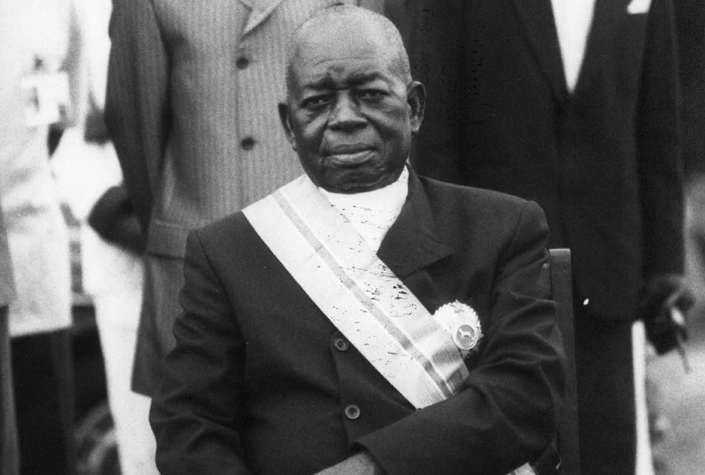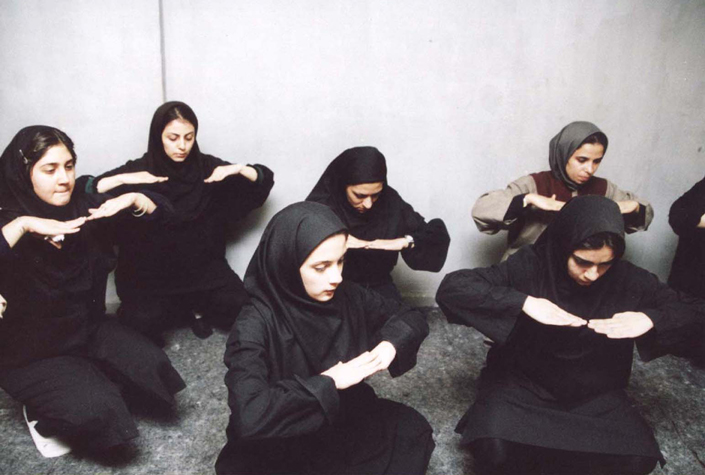
This is Zaire, after 30 years of independence and 25 years of Mobutu’s rule. What does the future hold in store for this country? Thierry Michel filmed the capital Kinshasa from every angle for five weeks – the city of the beggars, the homeless, the outsiders, the Kinshasa of business people, of religious dignitaries, of the military. Finally, he filmed the people’s district, where victims of the dictatorship are carried to their graves. “The history of Zaire can be divided into four sections,” Aubert Mukendi says in the film. “The first period is the Lumumba period at the beginning of independence, when we talked about freedom, democracy and happiness. Then there was the lion, Tschombé, who only talked about order and the reinstallation of order. Then there was the leopard, Mobutu. The fourth epoch, which we are in now, sees the coming end of the leopard. This is when the cycle of the serpent begins. The serpent is the secret service, but also the people who set up and support the dictatorship. The Serpent is the security force and all those who collaborated with it to impose and maintain the dictatorship. The Serpent lacks subtlety and he will try to clamp down again and again until man revolts and speaks again of liberty and democracy. This is what is happening now in Zaire …”
 Luis Carlos, also called “The Rat”, and Luciano de Souca, “The Chinaman”, are gang members who were abandoned as children onto the streets of Rio. These two Cariocas teenagers have … read more
Luis Carlos, also called “The Rat”, and Luciano de Souca, “The Chinaman”, are gang members who were abandoned as children onto the streets of Rio. These two Cariocas teenagers have … read more




